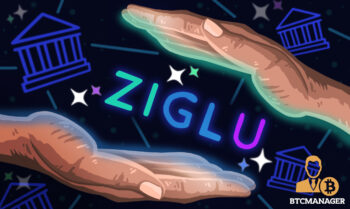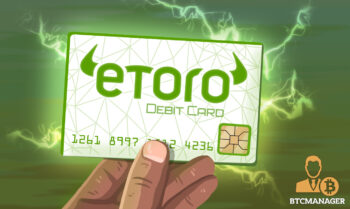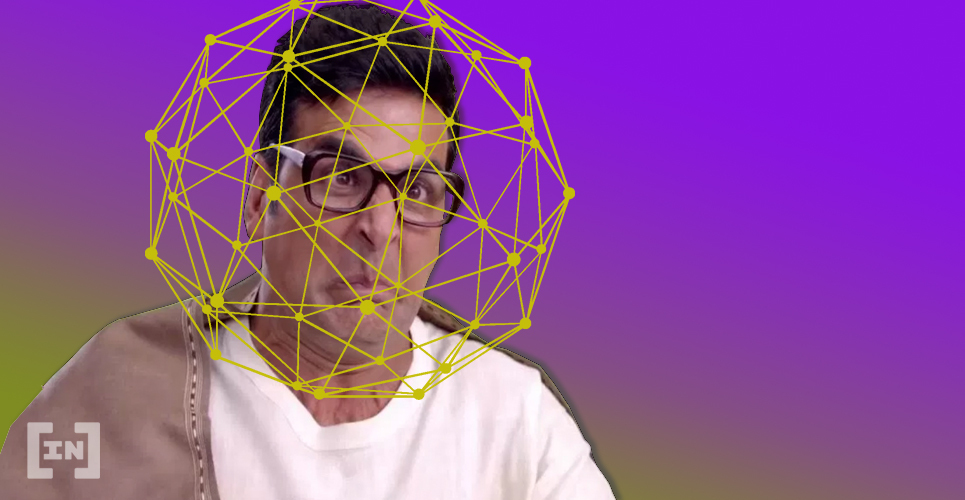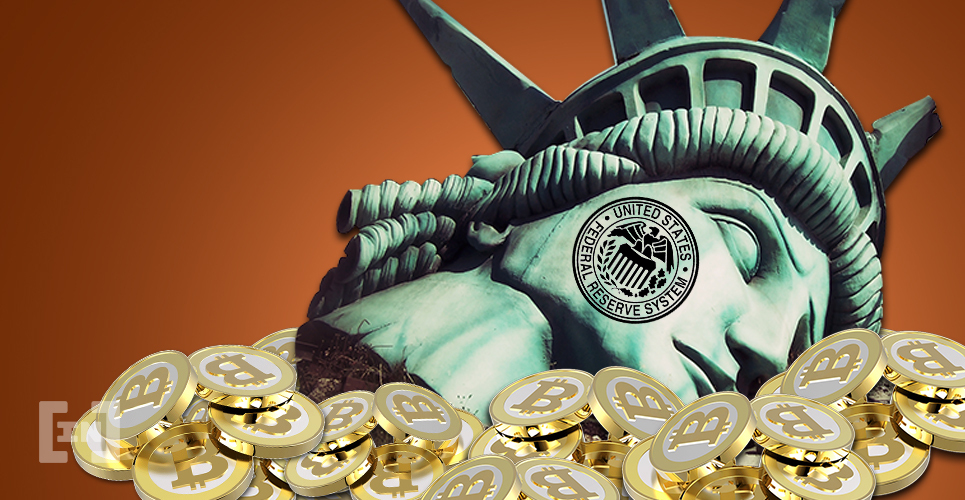2020-2-26 22:35 |
Central banks around the world are assessing the benefits of issuing a state-controlled digital currency after China announced that it is close to launching its digital yuan and Facebook launching Libra. Just last week, there have been reports that Riksbank has started testing e-krona.
Even the Federal Reserve chairman Jerome Powell came forward to share that Facebook’s so-called cryptocurrency has been a wakeup call for them to start researching the concept of a digital dollar.
However, there has been much debate about Fed-controlled digital currency where proponents say it would facilitate faster and cheaper payments while protecting the Fed’s ability to conduct monetary policy, opponents say it would be costly and less efficient and could harm the government's privacy.
Digital Dollar a “No Win” for the PublicThe US government issuing a digital currency may not be a no-brainer but “it won't be a “win” for the public,” said Lawrence H. White, a professor of economics at George Mason University.
According to the Wall Street Journal, White argues that most proponents of central bank digital currency are envisioning a currency that would give the government the
“ability to track all payments and eliminating the anonymity provided by physical cash today.”
And the claims of the national digital currency making retail payments costless, secure, and almost instantaneous are “dubious”. A central bank retail-system he said would require the Fed to match the level of services provided by commercial banks today which means investing in ATMs, branch offices, phone apps, tellers, and much more. Also, the payments system needs to be continually improved through innovation. White said,
“Given the government's poor record on efficiency, the likely outcome would be a system that falls short on customer service or loses money at taxpayers' expense — or both.”
This would also mean, the Fed will be “free to impose negative nominal interest rates on all dollar-holders,” and further raising serious concerns about privacy because the government will be able to track every single dollar spent.
Fed’s Involvement would make Payments EasierOn the other hand, Neha Narula, the director of the Digital Currency Initiative at the Massachusetts Institute of Technology's Media Lab, makes the case for digitizing the U.S. dollar which she said would make payments easier.
The current cashless payments systems rely on financial intermediaries and aren’t much different from paper checks that means their fees are higher, slow settlement, and micropayments are almost impossible.
“The U.S. could help pave the way for faster, cheaper and more secure payments by allowing consumers to hold central-bank-issued digital currency outside of commercial banks.”
As for the Fed-issued digital currency, it could coexist with physical cash or Fed could provide accounts directly to consumers and businesses, said Narula. She went on to say,
“A Fed-issued digital currency would need to be carefully designed, implemented and regulated to reduce the risk of fraud, protect privacy and ensure that commercial banks aren't drained of the funds they need to make loans.”
According to her, if the US does not embrace this opportunity someone else will. There is already exciting experimentation happening with cryptocurrencies, leaving innovation to private companies could mean a small number of large companies dominate and control payments, stifle competitors, and “undermine the Fed's ability to set monetary policy and regulate financial flows.”
origin »Bitcoin price in Telegram @btc_price_every_hour
Digital Rupees (DRS) на Currencies.ru
|
|


















